New Zealand is celebrated for its rich cultural tapestry, yet there's a growing concern that the education system is not sufficiently equipping students with a comprehensive understanding of Māori culture. This deficiency not only impacts cultural preservation but also has broader implications on national identity and social cohesion. As a sustainability consultant, understanding the cultural dynamics within New Zealand is crucial, as it influences business practices, policy-making, and community engagement. This article delves into the shortcomings of New Zealand’s education system concerning Māori cultural education, offering insights, case studies, and actionable strategies for improvement.
The Current State of Māori Cultural Education in New Zealand
The New Zealand education system has been criticized for its inadequate representation of Māori culture and history. Despite being a cornerstone of the nation’s identity, many students leave school with limited knowledge of Māori language (Te Reo) or customs. According to a 2022 report by the Ministry of Education, less than 20% of high school graduates achieve proficiency in Te Reo Māori, underscoring a significant gap in cultural education.
Why This Matters: Economic and Social Implications
A lack of understanding and appreciation for Māori culture can have far-reaching consequences. Economically, businesses that fail to embrace cultural diversity miss out on the benefits of a more inclusive workplace, which has been shown to improve employee satisfaction and innovation. Socially, it contributes to a divided society where cultural misunderstandings can lead to tension and conflict.
Why Māori Culture in Education Matters
Māori culture is not a niche subject—it is foundational to New Zealand's identity, legal frameworks (like the Treaty of Waitangi), and social cohesion. Embedding Māori knowledge into the national curriculum isn't just a cultural courtesy—it’s a constitutional responsibility.
Authentic cultural inclusion:
Builds respect between cultures.
Helps Māori students see themselves reflected in the system.
Equips all New Zealanders with knowledge essential for informed citizenship.
What’s Going Wrong?
Despite positive shifts, several systemic and practical failures are holding the education system back from authentically embracing Māori culture.
1. Tokenism vs. Deep Learning
A few Māori words in school assemblies or basic introductions to the haka don’t cut it. Critics argue that many schools are engaging in tokenism—superficial efforts that fail to go beyond the surface of what Māori culture represents.
“Mātauranga Māori is too often treated as decoration, not a knowledge system equal in complexity to Western science.”
– Associate Professor Melinda Webber, University of Auckland
2. Curriculum Gaps and Inconsistent Delivery
The introduction of the Aotearoa New Zealand’s histories curriculum was a welcome milestone. But implementation is patchy. Schools are left to interpret how Māori knowledge fits in—resulting in wide disparities between regions, deciles, and even classrooms.
3. Lack of Trained Teachers
Teaching Māori content requires deep cultural competency—yet many educators lack formal training in te reo Māori or mātauranga Māori. Budget cuts to programmes like Te Ahu o te Reo Māori (teacher training for Māori language) have only made matters worse.
4. Undermining of Māori-Medium Education
Kura Kaupapa Māori (Māori-language schools) are underfunded and undervalued. Despite producing excellent outcomes in cultural retention and language revitalisation, these schools often receive less support than their English-medium counterparts.
Real Consequences for Māori Students
The failure to integrate Māori culture meaningfully into mainstream education contributes to:
Lower engagement among Māori students.
Cultural alienation and identity suppression.
Ongoing academic disparities.
This isn’t just about culture—it’s about equity and achievement.
Case Study: When Cultural Disconnect Leads to Disengagement
In a 2023 Humanium.org case study, a Northland secondary school found that Māori students were overrepresented in suspension and truancy rates. An internal review revealed that Māori perspectives were barely present in classroom content or pedagogy. After integrating local iwi history and involving kaumātua in curriculum planning, student engagement among Māori learners improved significantly over two terms.
Lesson? Culture is not extra—it’s central.
Case Study: A School That Got It Right
While the overall picture may seem bleak, there are shining examples of institutions making strides in Māori cultural education. Te Kura Kaupapa Māori o Hoani Waititi Marae in Auckland is a case in point. This school integrates Māori language and customs into its core curriculum, resulting in students who are not only bilingual but also deeply connected to their cultural roots.
Problem:
The school initially faced challenges in balancing the national curriculum requirements with Māori cultural education, leading to resource constraints and teacher shortages.
Action:
Te Kura Kaupapa Māori o Hoani Waititi Marae restructured its curriculum to prioritize Māori cultural elements, supplemented by community engagement and partnerships with Māori elders.
Result:
- Te Reo proficiency among students increased by 70% within five years.
- Graduates reported higher cultural confidence and engagement in Māori community activities.
Takeaway:
This case study highlights the importance of integrating cultural education into the school curriculum. It demonstrates that with the right resources and community support, schools can successfully promote Māori culture.
Data-Driven Insights from Stats NZ
According to Stats NZ, as of 2023, Māori make up approximately 16.5% of New Zealand’s population. However, Māori representation in educational content remains disproportionately low. A survey by the New Zealand Council for Educational Research found that less than 30% of school textbooks include Māori perspectives or history, further emphasizing the gap in cultural education.
Contrasting Viewpoints: Is the System Truly Failing?
While some argue that the education system is failing, others believe incremental improvements are being made. The 2020 introduction of the Aotearoa New Zealand’s Histories curriculum is a step in the right direction, mandating the teaching of Māori history in schools. However, critics point out that implementation has been inconsistent, with many schools lacking the resources or trained staff to effectively deliver the curriculum.
Advocate Perspective:
Proponents of the new curriculum highlight its potential to foster a more inclusive society by ensuring all students learn about New Zealand’s diverse history and cultures.
Critic Perspective:
Critics argue that without adequate teacher training and resources, the curriculum will remain ineffective. They stress the need for comprehensive support systems to ensure successful implementation.
Middle Ground:
A balanced approach would involve increased funding for teacher training and resource development, coupled with regular evaluations to track progress and address challenges.
Common Myths and Mistakes
- Myth: "Māori culture is adequately covered in social studies." Reality: Social studies often provide a superficial overview, lacking in-depth exploration of Māori language and customs (Source: Ministry of Education).
- Myth: "Students will learn about Māori culture naturally through interactions." Reality: Without structured education, students may develop misconceptions or lack a comprehensive understanding (Source: NZCER).
- Myth: "Only Māori students need to learn about Māori culture." Reality: Understanding Māori culture benefits all students by promoting cultural awareness and social cohesion (Source: Te Puni Kōkiri).
Biggest Mistakes to Avoid
- Mistake: Treating Māori culture as an elective subject. Solution: Integrate Māori perspectives across all subjects to ensure a holistic educational experience.
- Mistake: Over-reliance on non-Māori educators to teach Māori content. Solution: Involve Māori elders and experts in curriculum development and delivery.
- Mistake: Ignoring student feedback on cultural education. Solution: Regularly survey students to gauge their understanding and interest in Māori culture, using insights to adapt teaching methods.
What Needs to Change
1. Mandatory Māori Content Across All Subjects
Every subject—not just social studies—should integrate te ao Māori where relevant. Science, for example, can include rongoā Māori (traditional medicine) and maramataka (Māori lunar calendar).
2. Boost Funding for Māori Teacher Training
Reinvest in Te Ahu o te Reo Māori and incentivise Māori graduates to enter education.
3. Elevate Kura Kaupapa Māori
Provide parity in funding, teacher support, and resources for Māori-medium schools.
4. Accountability for Implementation
Set minimum standards and audit how well schools are integrating Māori culture—not just celebrating it.
🔍 Myth-Busting: It’s Not Just for Māori
A common myth is that Māori culture in education only benefits Māori students. In reality, it:
Builds empathy and critical thinking for all learners.
Strengthens Aotearoa’s social fabric.
Equips the next generation to understand the Treaty of Waitangi and its implications.
💬 Final Thoughts from Daniel Chyi
“New Zealand's future depends on how well we understand our past. Māori culture isn’t a heritage exhibit—it’s a living, evolving foundation of this country. Education must do more than acknowledge it. We must embed it, honour it, and grow from it.”
Future Trends and Predictions
By 2028, it is predicted that Māori cultural education will be fully integrated into New Zealand’s national curriculum, with mandatory training for all educators in cultural competency. This shift is expected to result in higher academic engagement among Māori students and a more inclusive societal fabric. According to a report by the Ministry of Education, schools that have already adopted comprehensive Māori cultural programs report a 15% increase in student satisfaction and engagement.
Final Takeaways
- Insight: Comprehensive Māori cultural education is crucial for fostering an inclusive society and preserving New Zealand’s cultural heritage.
- Strategy: Schools should prioritize integrating Māori language and customs into all aspects of the curriculum.
- Mistake to Avoid: Treating cultural education as a secondary concern, rather than a fundamental aspect of learning.
- Pro Tip: Leverage community resources and partnerships with Māori leaders to enhance cultural education initiatives.
- Prediction: By 2028, Māori cultural education will be a core component of all New Zealand schools’ curricula, leading to enhanced cultural understanding and social cohesion.
Conclusion
New Zealand’s education system is at a crossroads, with the potential to become a leader in cultural education. By addressing current shortcomings and implementing comprehensive strategies for Māori cultural integration, the country can foster a more inclusive and cohesive society. What’s your take on the future of cultural education in New Zealand? Share your thoughts and join the conversation!
People Also Ask (FAQ)
- How does Māori cultural education impact New Zealand's society? Māori cultural education fosters inclusivity and social cohesion, helping bridge cultural gaps and promoting understanding across diverse communities.
- What are the biggest misconceptions about Māori cultural education? A common myth is that Māori culture is sufficiently covered in social studies, but in reality, it requires dedicated focus across all subjects.
- What strategies can schools implement to improve Māori cultural education? Schools should integrate Māori perspectives throughout the curriculum and involve community experts for authentic learning experiences.
- What upcoming changes in New Zealand could affect Māori cultural education? By 2028, policy updates aim to fully integrate Māori cultural education into national curricula, enhancing cultural understanding.
Related Search Queries
- Māori cultural education in New Zealand schools
- Importance of Māori language in education
- Challenges in teaching Māori culture
- Successful Māori education programs
- Future of Māori cultural education in New Zealand

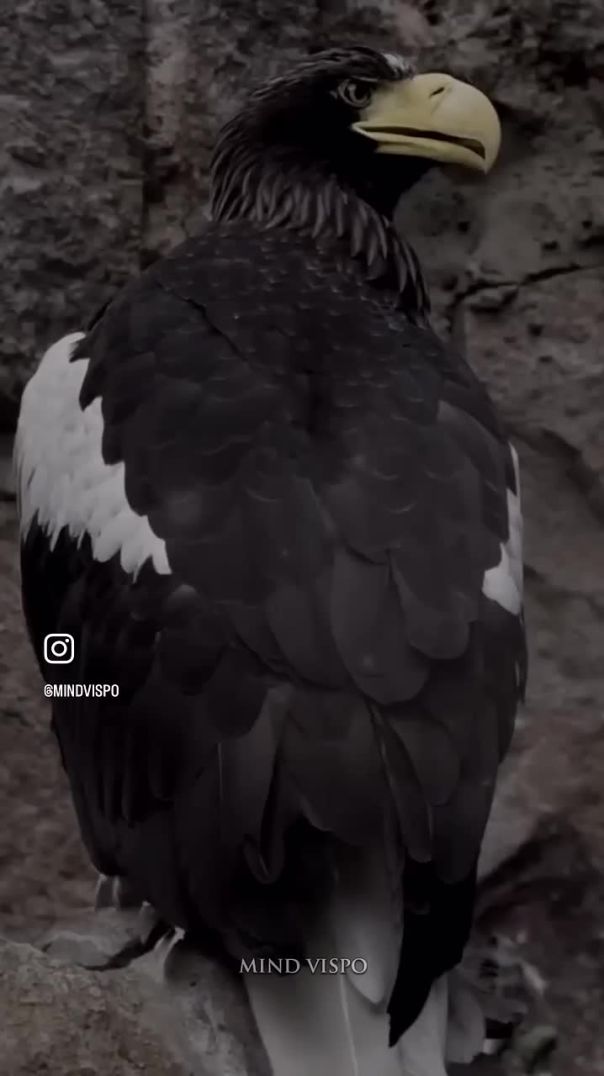








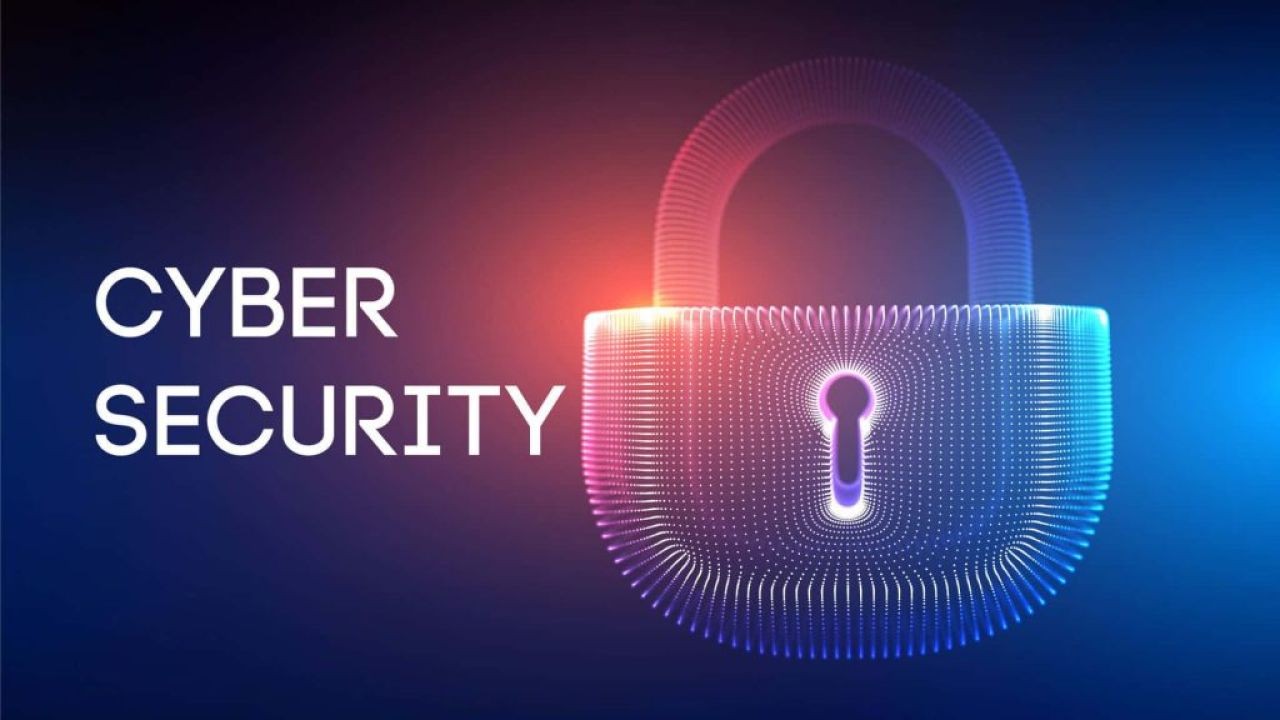


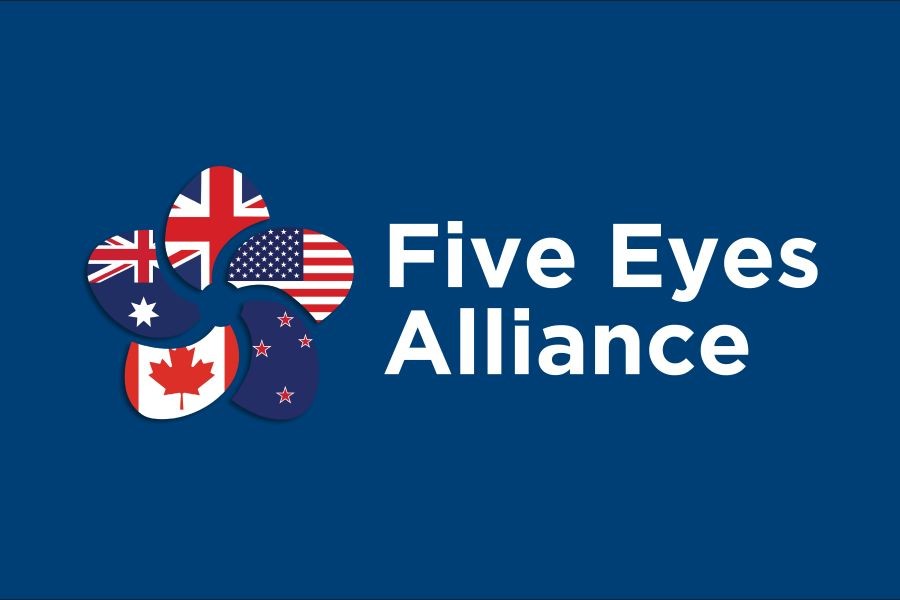


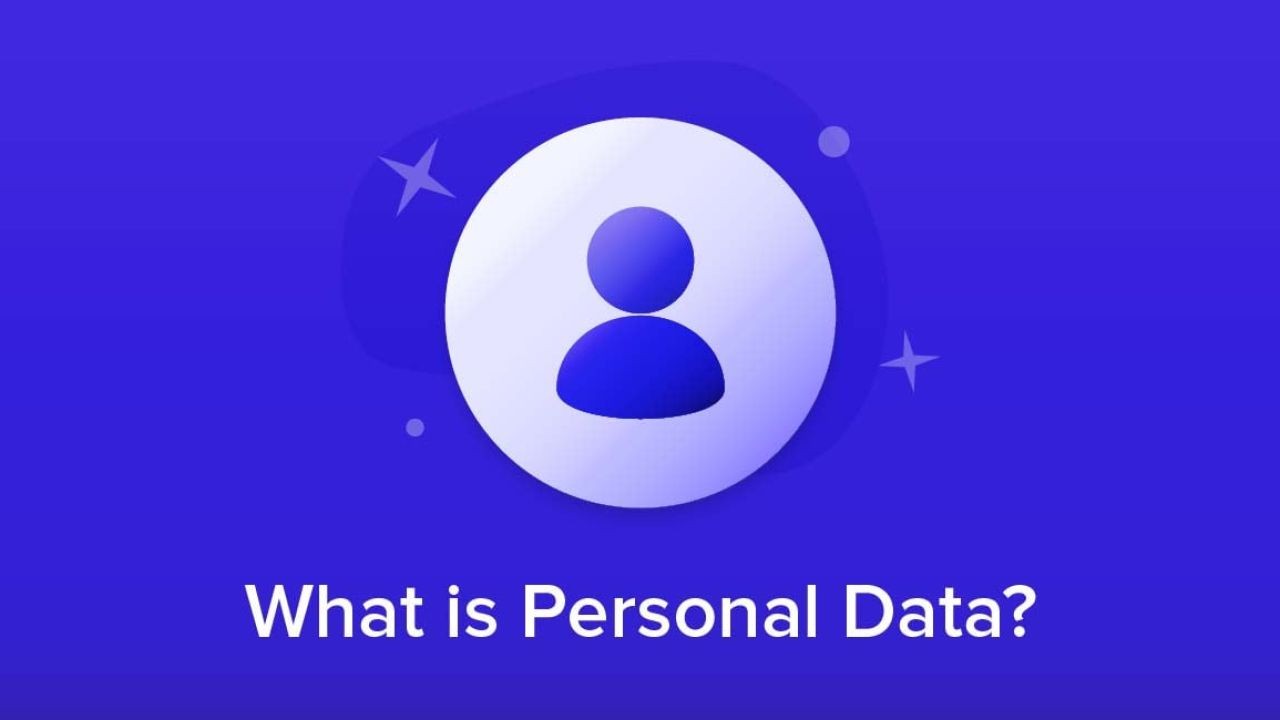




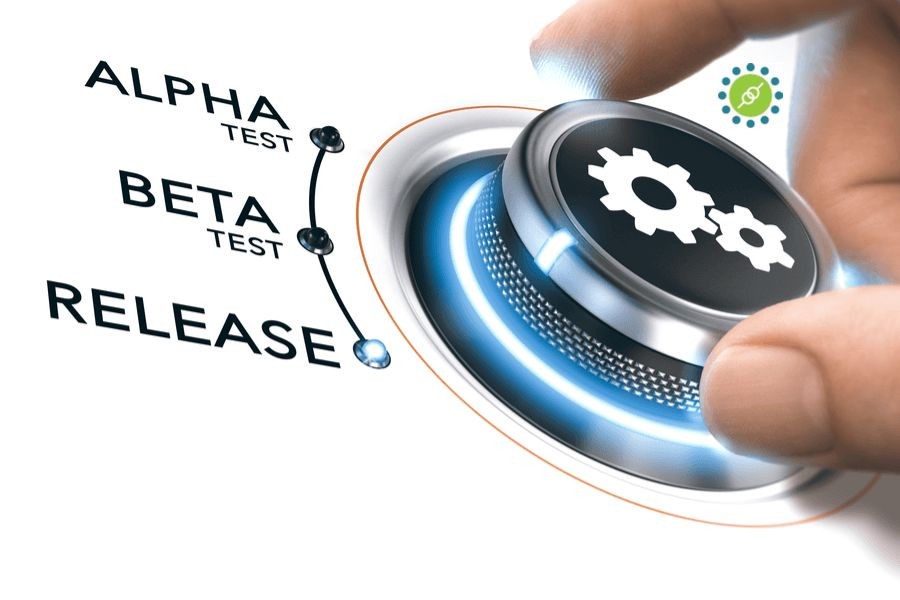






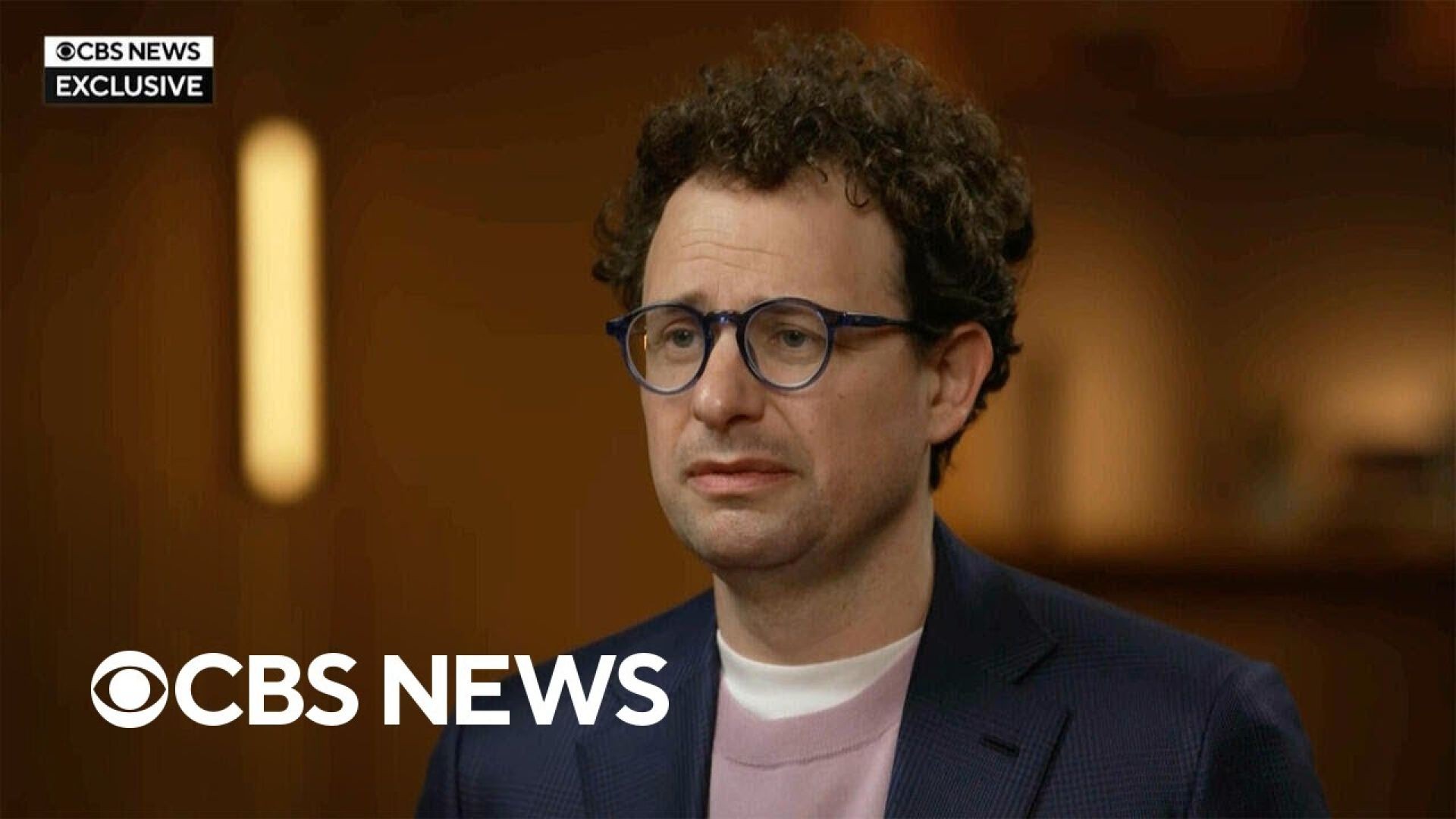


jeffryclopton9
7 months ago